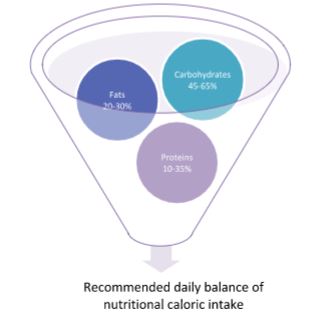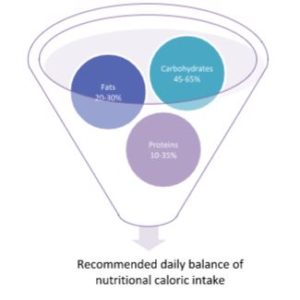
It’s the dreaded Holiday Season and for some and this time of year is a total struggle!!! The food struggle causes significant anxiety and depression. Thanksgiving is behind us but Christmas eagerly pursues us!!! Food is an essential substance we need 3-6 times daily to maintain total body homeostatic function. So let’s examine food basics and evidence based facts to help guide us all in making better food selections. Whether an elite athlete or the weekend warrior; balancing nutritional intake to maximize daily energy and energy for work-out performance output without overeating can be challenging.
There are so many “expert opinions” about the best combination of nutrients and supplements, that it can become confusing and at times discouraging. Understanding how nutrients work inside the body in relation to metabolic functions and tasks is the greatest key to nutritional success. Also, understanding how your body works and responds is another great key not only nutritional success but performance output and recovery. The general prescription for macro-nutrients based on a 2000-2200 calorie eating plan is 40-60% carbohydrates, 20-30% fats, and 10-35% protein. An athlete or competitive active adult expends a significant amount of energy during practice and performance. New research has proven that athletes need more macro-nutrients to provide the proper amount of fuel to help maintain energy levels during performance. Furthermore, research has also proven the need for proper nutrition for restorative and preparatory purposes after a work-out.

